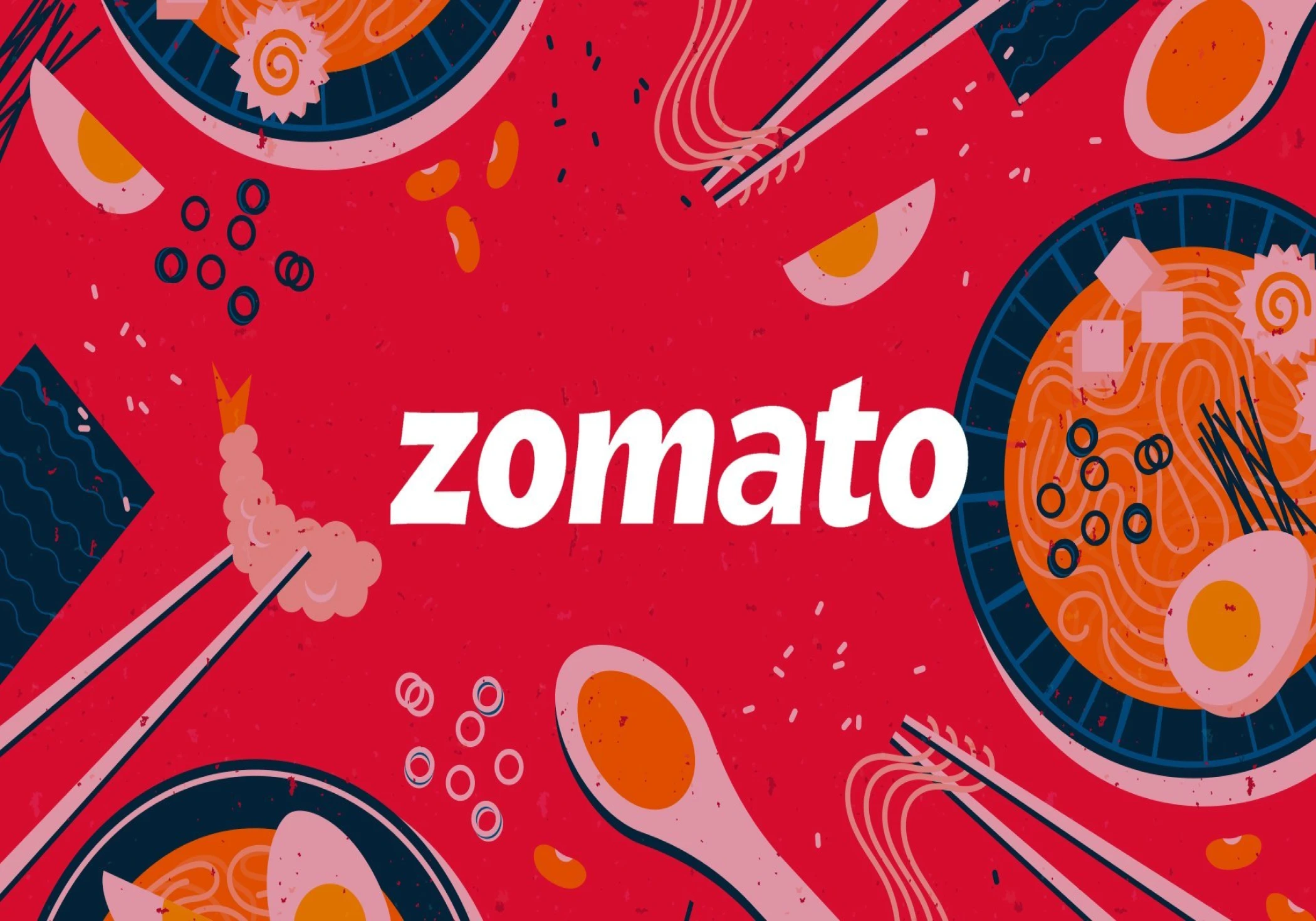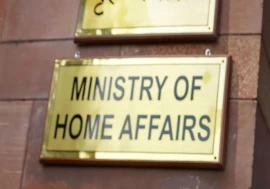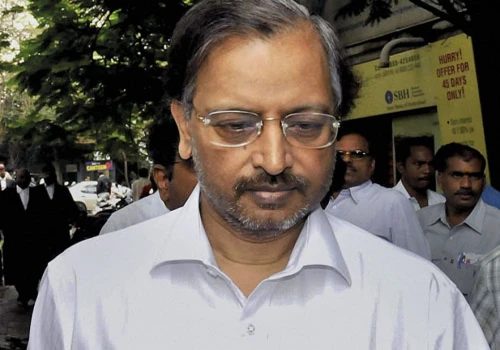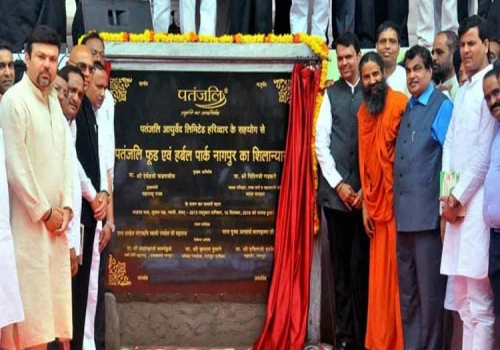
Online food delivery platform Zomato has been served a fresh GST notice by the Karnataka tax authorities, demanding a hefty Rs 23.26 crore. This comes on the heels of a similar notice from Gujarat earlier in March 2024.
Zomato, however, is contesting the Karnataka notice, asserting its confidence in a successful appeal. The company maintains that the demand arises from an alleged "excess availment of input tax credit and interest penalty thereon."
In a regulatory filing, Zomato clarified its stance, stating that it had previously addressed the issue with the authorities during the show-cause notice stage. This response, according to Zomato, included "relevant documents and judicial precedents." However, it appears these submissions were not adequately considered when the final order was passed.
Zomato remains optimistic about its appeal, expressing strong belief in its case. The company also emphasized that it does not anticipate any financial impact as a result of this dispute.
This is not the first time Zomato has tangled with tax authorities over GST. Just weeks prior to the Karnataka notice, the company received a similar demand from Gujarat for the financial year 2018-19. That penalty, amounting to Rs 8.57 crore, also stemmed from alleged excess input tax credit availment and short payment of GST.
Zomato pointed out a discrepancy in the Gujarat order, suggesting that the authorities might have overlooked certain details. The company has not elaborated on the specifics of this discrepancy.
Zomato's battles with tax authorities highlight the complexities of the Indian Goods and Services Tax (GST) regime. While the GST was implemented with the aim of streamlining indirect taxation, companies like Zomato have grappled with interpretations and implementations.
As Zomato prepares to appeal these notices, it will be interesting to see how the courts interpret the company's claims regarding input tax credit utilization. The outcome of these cases could set a precedent for similar situations in the future, impacting not just Zomato but other businesses operating in the online food delivery sector.
Zomato's Response: Confidence Amidst Scrutiny
Zomato's response to these tax notices projects a sense of confidence in its legal standing. By choosing to appeal both the Karnataka and Gujarat notices, the company is demonstrating its willingness to fight what it perceives as unfair assessments.
This strategy might also serve to reassure investors and stakeholders concerned about Zomato's financial health. The company's assertion that it does not expect any financial impact suggests a strong belief in the merits of its case.
GST and the Startup Ecosystem
Zomato's experience is a cautionary tale for startups and other businesses navigating the Indian GST landscape. It underscores the importance of meticulously maintaining tax records and adhering to compliance regulations. Additionally, having a clear understanding of input tax credit provisions and their application is crucial.
As Zomato's GST disputes with Karnataka and Gujarat authorities unfold, several questions remain unanswered. Will the appeals be successful? How will these cases impact the broader online food delivery industry? Only time will tell. One thing is certain: these developments will be closely watched by businesses and tax experts alike.












